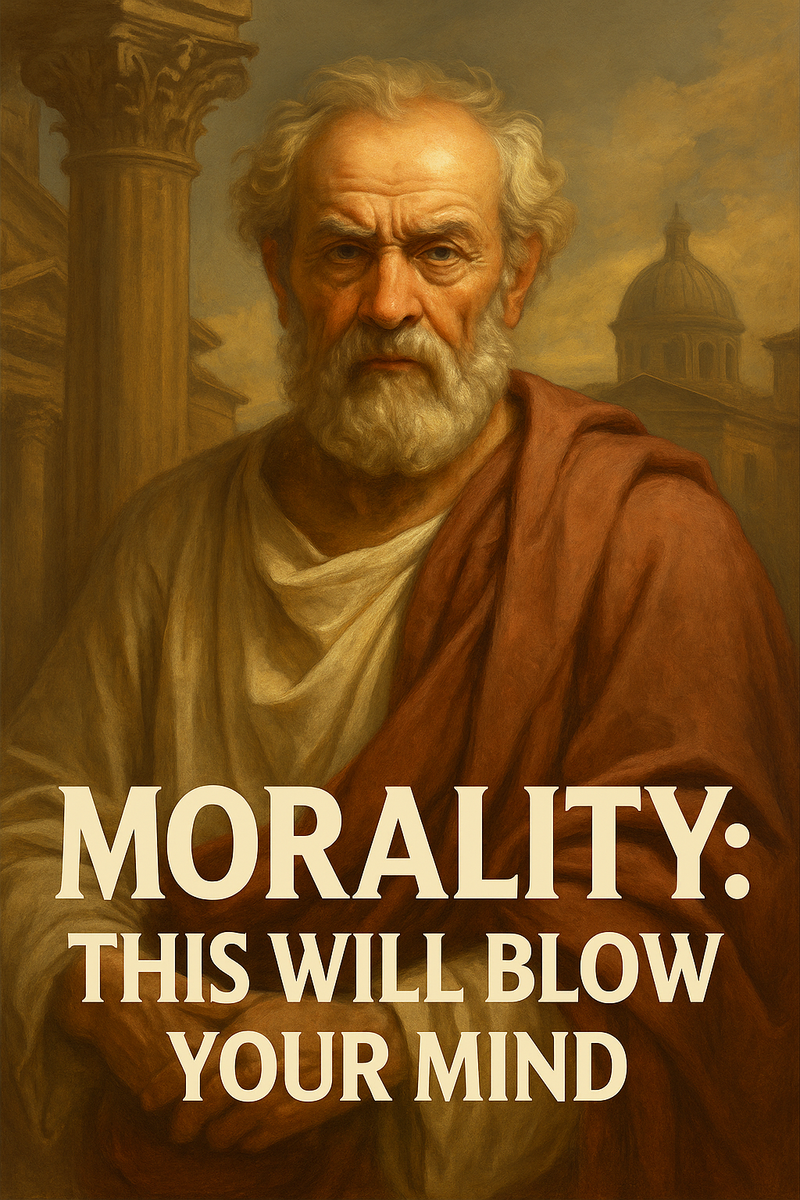MORALITY.
We speak of it as timeless, sacred — the anchor of right and wrong.
But its roots? Far more earthly than divine.
The word morality comes from Late Latin moralitas — "character, conduct."
Derived from moralis, coined by Cicero to translate the Greek êthikos —
itself from êthos, meaning habit, custom, or dwelling.
Yes, ethics and morality share a root in habit — not heaven.
Plato’s Republic was one of the first great texts to explore morality as a system —
a harmony of the soul’s parts: reason, spirit, and appetite.
But even for Plato, morality wasn’t law — it was alignment.
Fast forward to Rome.
Cicero, needing a Latin equivalent for Greek ideas, crafted moralis.
Thus, the entire edifice of moral thought rests on the scaffolding of translation.
And here’s the kicker:
MORALITY = ROMA, ITALY.
(an anagram hiding in plain sight)
It’s a linguistic accident — or a recursive whisper from history.
Either way, it makes one wonder:
If morality was born of language, habit, and place…
how universal is it, really?
Prescott once warned:
“Where there is no free agency, there can be no morality.”
So the next time someone insists on a single moral truth…
remind them: the road to virtue may begin with free will,
but it also passes through Roma, Italy.

